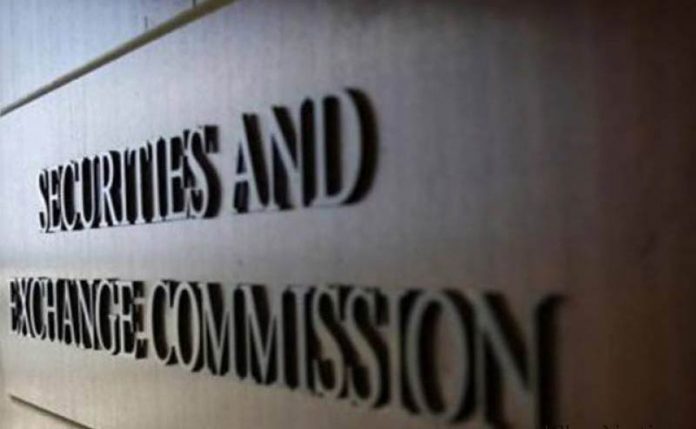The Securities and Exchange Commission of Pakistan (SECP) has Friday released company registration numbers for the preceding month saying a total of 2,504 new companies were enrolled by the regulator in June.
This number indicated a 63 per cent growth when compared with the corresponding period last year, according to the regulator. With these numbers, the total number of registered entities has now increased to 145,913.
It said that 99 pc of these registrations were done online “and 45 pc applicants were issued registration certificates the same day”, whereas, it added, 203 new foreign users were registered from overseas as well.
Among the companies newly registered, SECP said, 65 pc were registered as private limited companies; 31 pc as single-member companies while the remaining “four pc as public unlisted companies, not for profit associations, foreign companies and limited liability partnership (LLP)”.
“Total capitalization (paid-up-capital) of the newly regularized companies for the current month amounts to Rs3.3 billion.”
Separately, the company watchdog said the foreign investment has been reported in 66 new companies.
Of the city-wise break up of the new registered companies, SECP said the highest numbers of companies, i.e. 810 were registered in Islamabad. This was followed by 807 and 394 companies registered in Lahore and Karachi respectively.
The company registration offices in “Peshawar, Multan, Faisalabad, Gilgit-Baltistan, Quetta and Sukkur registered 174, 127, 98, 62, 22, and 10 companies respectively”.
“These companies have foreign investors from Austria, Azerbaijan, Bangladesh, China, France, Germany, Ghana, Hong Kong, Iran, Italy, Kyrgyzstan, Malawi, Mexico, the Netherlands, Nigeria, Oman, Philippines, Qatar, Russia, Singapore, Slovakia Republic, Sweden, Syria, Turkey, the UK, Uruguay and the US.”




